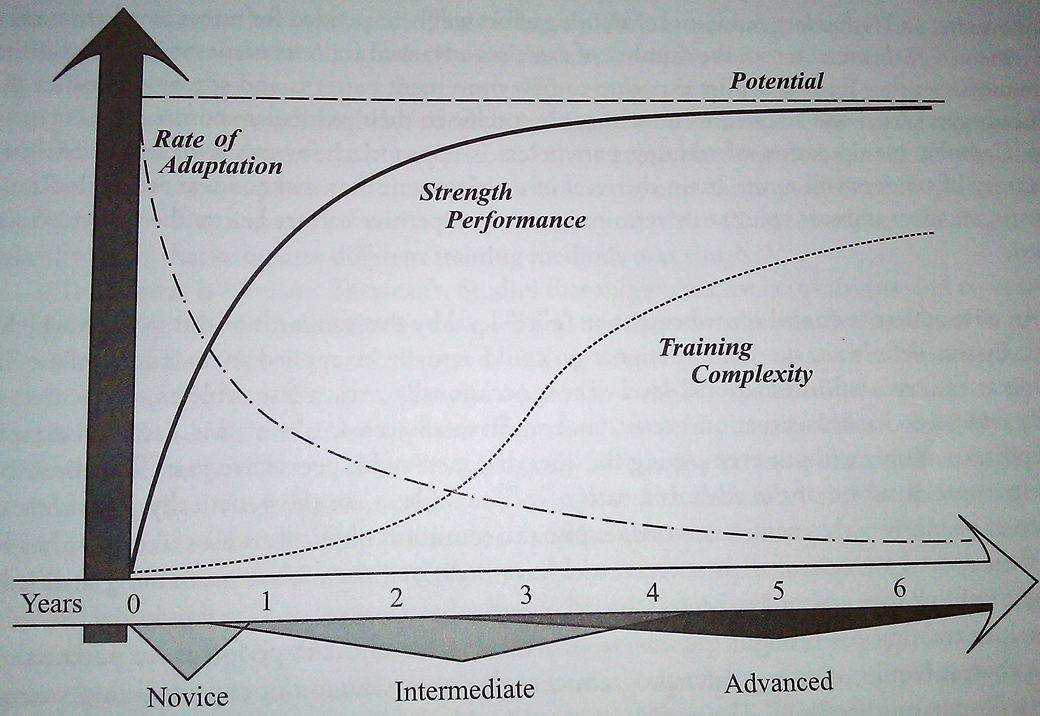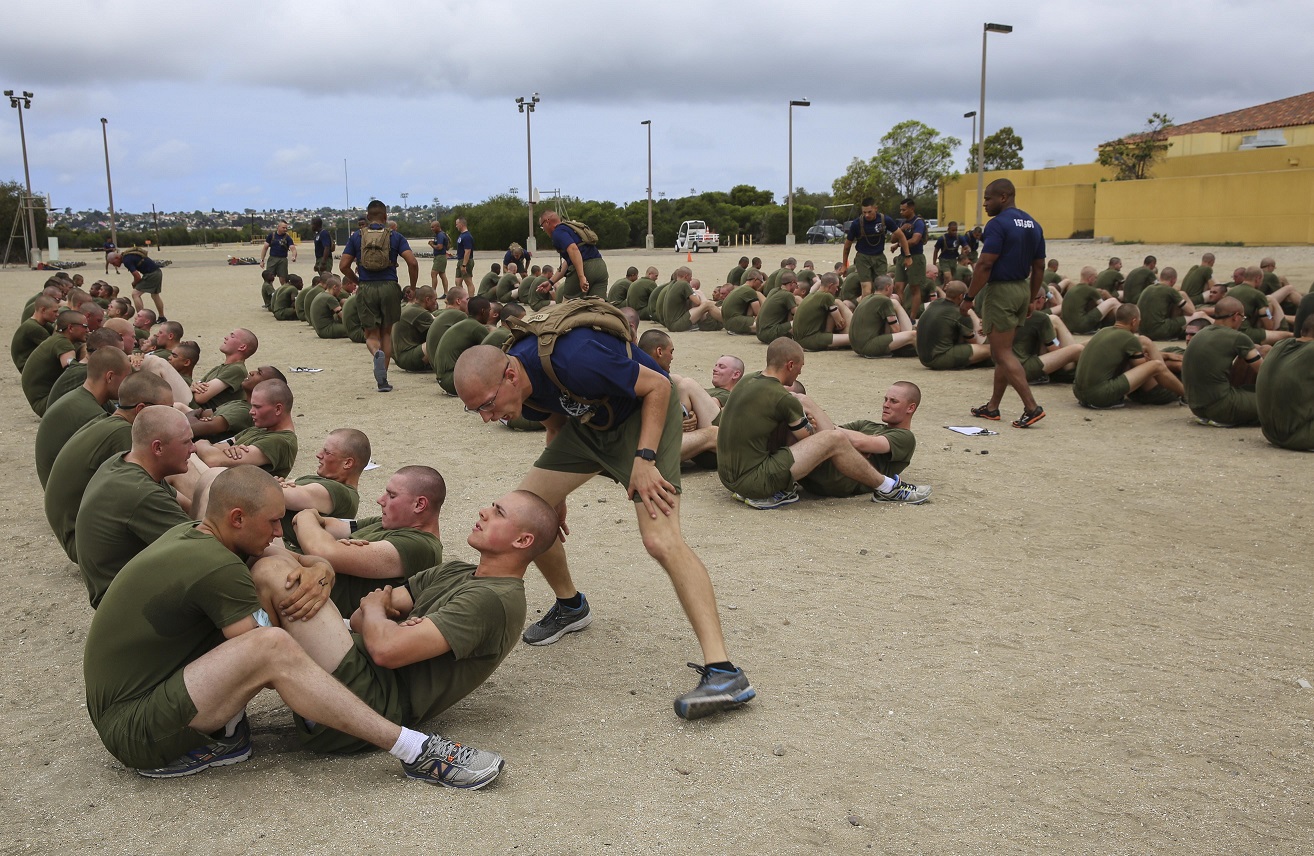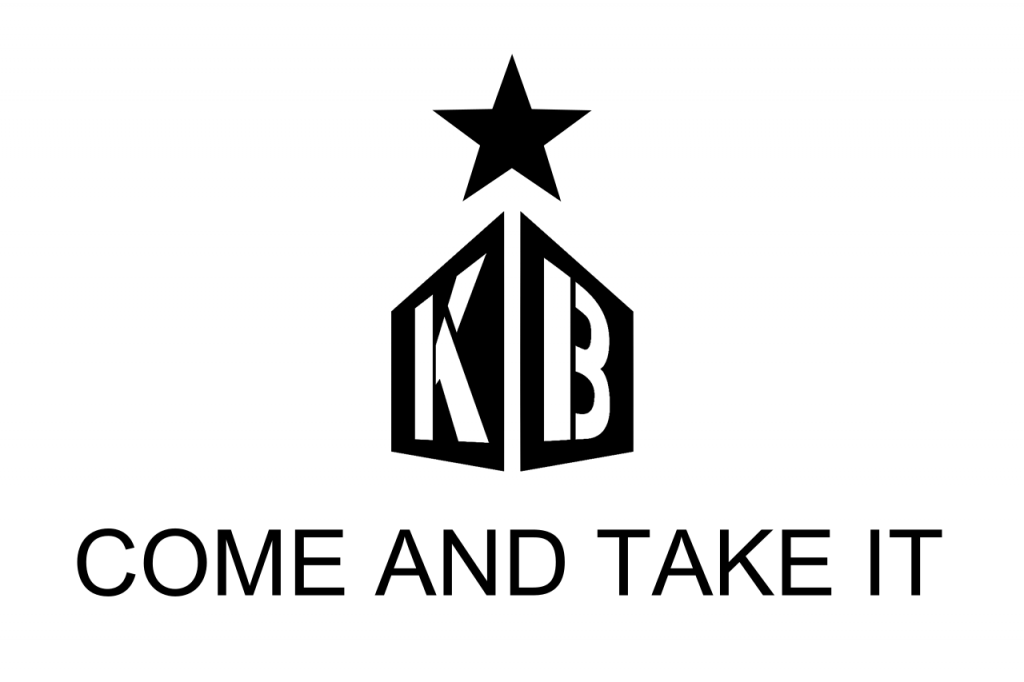Physical Training: Stop Being a Snowflake
We’ve all heard the term “special snowflake” tossed around a lot recently. This term is used to describe someone who describes themselves as “unique” or “not like others”, and creates an incorrect comparison to the uniqueness of snowflakes. I’m very aware of my target audience, mainly conservative people who love 3 things in life: guns, girls, and making fun of liberal “snowflakes”. With that being said, over my time training a variety of people, I’ve become aware that the overwhelming majority of whom desire to get strong, are conservative men similar to the audience of this very website. I’ve come to the realization that many individuals in this demographic have the same issue of self-identified uniqueness, as the Social Justice Warriors (SJWs) they mock.
I know I’m going to get a comment along the lines of:
“Hah! I knew this guy was stupid, he can’t even recognize that a the obvious mutual exclusivity between the very idea that everybody is unique, and those who make fun of people who believe it. What do you think his favorite flavor of crayon is?”

It’s cherry, just in case you were wondering.
I understand that these two things may seem like polar opposites; however, coaching experience has shown me that these are far from mutually exclusive. What do I mean by that? A variety of things, but I will cover the two most prominent issues I’ve run into.
I can’t do X because of injury Y
Before I begin, a clarification must be made: yes, some people will have prior injuries that prevent them from performing certain activities, this is obvious. However, the overwhelming majority of people can squat, deadlift, press, and bench, even with previous or current injuries. Fun Fact: everyone has been hurt at one point in their life, your body recovers from it (this is actually the process in which your body gets stronger, just with a different magnitude and tissue damage). I didn’t stop squatting just because I rolled my fucking ankle a couple weeks prior, nor did I skip deadlifting last week because my back was aching me that one day a few years ago.

“Sorry coach, I broke my pinky, so I can’t run today.”
Seriously, I’ve heard those before, and I hear a lot of other stupid shit from people very similar to those reading this article. Unless you have or had an injury which currently restricts hip, knee, or shoulder flexion, as well as spinal extension, then you can squat, deadlift, and press, just like everybody else. The majority of people I trained who use injuries as an excuse, can still do these movements. If they can still do the movements, then why do they use this as an excuse? Because, just like SJWs, they believe that their particular set of circumstances means that they require a special set of exercises that differ from that of everyone else. That, or they’re just pussies that don’t want to work hard to get strong.
This program doesn’t work for me because X
This logic can mean a variety of things, and it’s so fucking annoying from a coach’s perspective. It could be an extension of the injury section, in which people think that a medical condition prevents them from properly following a program. An example of such would be: “I have hypermobile elbows, so I can’t press”. For those of you who don’t know, hyper-mobility in a joint means that it’s lockout position is in greater extension than that of a normal one (often referred to as “double jointed”). Yes, this will make the lockout of any press more difficult, but yes, you can still press. For this example, I can point you to a youtuber by the name of “AlphaDestiny”, who managed to achieve a 225-pound press and weighted dip, despite having hypermobile elbows.
Could he have been able to lift more if he didn’t have hypermobile elbows? Perhaps. Can he still do these movements? Yes. Did he still manage to get strong as fuck, despite his condition? Absolutely, so stop making excuses.
This method of thinking is not exclusive to medical conditions, it could also be training preference based off of their own “keen observations”. I can’t tell you how many times someone has said, “no way, I need to lift more than this” after I’d shown them Starting Strength or a 5×5 program. I would also often hear something along the lines of, “but this program doesn’t include lying tricep extensions, how will I hit all three heads of the tricep?”

To those who want to make training very complicated and long ordeals, I would recommend you analyze this chart, for your sanity.
Whether or not you think Starting Strength or 5×5 programs have the optimal volume for muscle growth, the principles behind them are solid. For the novice and intermediate trainee, a program with adequate volume, and following a linear-progressive model, works every time it’s implemented correctly. You are in that category of “every time”. You do not need more volume, or additional exercises just because you went from lifting 5 days per week for a total of 200 work sets, to a program in which you are lifting 3 days a week totaling 30 work sets. Your body obeys the same rules as everybody else, and everybody will make gains on these types of programs.
Final remarks:
In conclusion, it is important to remember that while we are all unique to some extent, we are not so different that we cannot obey the same principles of exercise science. Every single organism that has ever lived has the capacity to adapt to their environment, and Homo sapiens are on that spectrum. Your body will adapt to your method of training around the movements: the squat, deadlift, press, and bench. Everybody who does these movements as the core of their training program will make gains. Everybody who follows the starting strength or 5×5 methodology of “everything you need, and nothing you don’t”, will make gains. Furthermore, the movements I’ve mentioned have been selected as the basis of most good strength training programs because they produce the best gains for novices, and are the easiest to learn. The good news is that you probably can do these movements, but some people have legitimate medical issues that prevent them from doing so, and that’s okay. For everybody else, doing them will make the process of getting stronger much easier, so you must do everything in your power to make sure you can.
So get out there, stop being a snowflake, and train like hell! You’ll thank me later.




